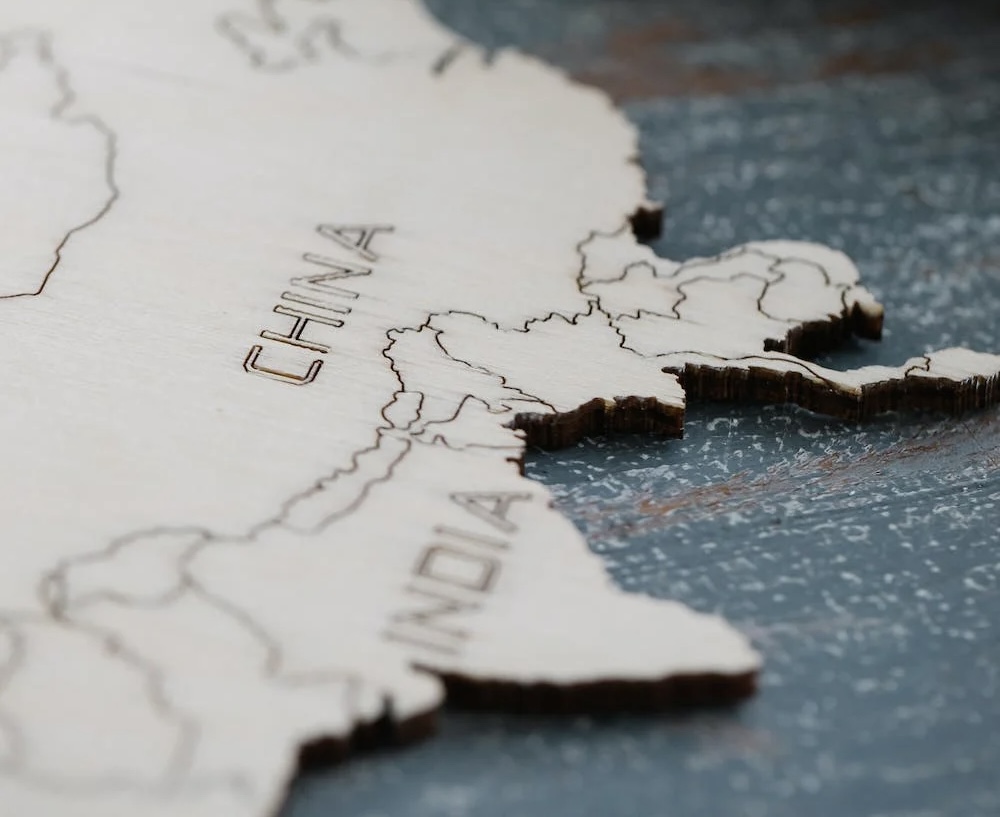Beijing expels the last Indian journalist from the country
PTI’s last journalist must leave before the end of the month, following his colleagues from The Hindu, Prasar Bharati and Hindustan Times. This reflects increasing tensions between the two Asian powerhouses, especially along their Himalayan border.
Beijing (AsiaNews) – China is on the warpath against Indian journalists, refusing to renew their work visa, Bloomberg reported.
The last Indian journalist working in China for the Press Trust of India (PTI) news agency was told to leave by the end of the month.
This comes after two Indian journalists from The Hindu and public broadcaster Prasar Bharati, as well as one Hindustan Times reporter, were denied visa renewals in April.
For China, this is an “appropriate action” in response to India’s own treatment of Chinese journalists.
“All foreign journalists, including Chinese journalists, have been pursuing journalistic activities in India without any limitations or difficulties in reporting or doing media coverage," Indian foreign ministry spokesperson Arindam Bagchi told Reuters.
India hoped that China would allow its journalists to continue to work in China. Indian journalists in China were reportedly barred from hiring local correspondents or even travelling in the country. Instead, the country’s authorities limited employment to three individuals at a time picked from a pool they provide, Bloomberg noted.
Relations between Asia’s two powerhouses have been tense for a while, following a military clash in June 2020 in the Galwan Valley, where the border separates India’s Ladakh from China's Aksai Chin, with 20 Indian soldiers and four Chinese soldiers killed. More clashes were reported in 2021 in Sikkim.
While China has tried to keep the overall relationship focused on trade and economic ties, for India relations cannot be normal unless the border issue is settled.
The military dispute flared up again late last year. According to India, its forces stopped Chinese troops as they tried to cross the Line of Actual Control (LAC) in the Yangtse area. Soldiers eventually disengaged and their commanders held talks to defuse the tension.
China and India share a 3,488-kilometre border in the Himalayas, fighting a brief but bloody war in 1962. Delhi claims large parts of Aksai Chin (which the Chinese took from Pakistan) while Beijing claims Arunachal Pradesh.
In recent years, both India and China have reinforced their presence along the border. They have built infrastructure with military use, as well as deployed 50,000-60,000 troops and heavy weaponry on their respective side of the border, the most militarised in the world after the Russian-Ukrainian border.
The Sino-Indian row over work visas for journalists is not unique. Washington and Beijing have a similar long-standing dispute.
When the Trump administration labelled some Chinese media companies as “foreign missions” and put caps on the number of Chinese journalists in the country, China retaliated by revoking press credentials for US media staff.
As diplomatic tensions between China and Australia worsened in 2020, two Australian correspondents tried to flee China. The two men were initially banned from leaving and spent five days under consular protection until Australian diplomats negotiated their departure.
24/01/2007







.png)










